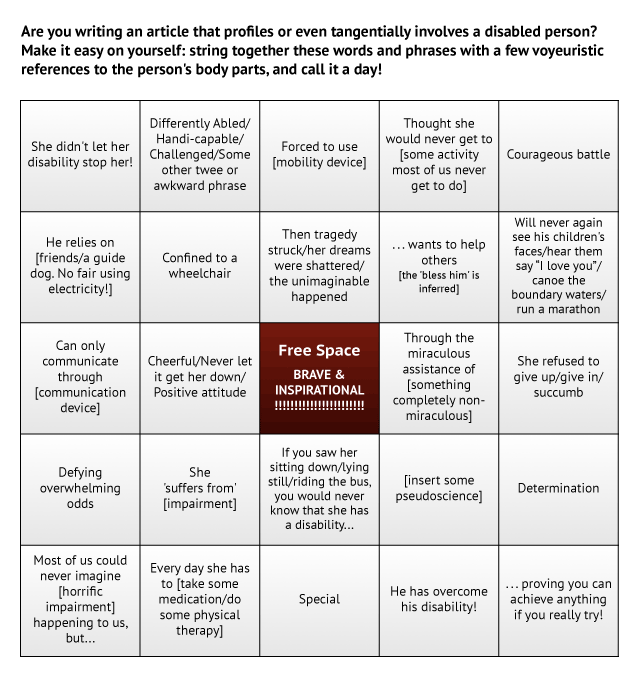Don and I went to see a movie the other night, and gosh, we had fun! I mean, there’s nothing funner than going out for a nice evening with your husband and being confronted straight on with the knowledge that one of the scariest things some people can imagine is being forced to live with someone like you! Yay, fun times for everyone!

The particular film trailer that is paining me this month is for “The Roommate”. At first looks like some sort of “And then they went to university and had awesome adventures” sort of film, right up until that immortal line “She is taking her medications, right?”
There’s a whole genre of these particular films which take an idea that can be pretty scary – moving in with a stranger or virtual stranger – and kick it up a notch. If it’s a comedy, then obviously the problem will be someone who drinks all the milk or borrows all your clothes or is just really annoying, and that particular story will usually be about two white dudes, and in the end the hero will get the girl. When they want to really frighten people with some thriller-version, then it’ll be all about the scary white chick who moves into some other white woman’s life, kills some of her friends, seduces her boyfriend, and tries to steal everything away from her, while some family member eventually reveals that the crazy lady is on medication for some undefined mental health condition.
Gosh, I have no idea why stigma is still attached to mental health conditions!
I really hate that I can’t turn around twice without being reminded that people like me, just by virtue of existing in the world, are scary. There’s always someone reminding me of that, whether it’s a classmate telling me she’ll just say she’s crazy if she kills someone so she can get off without punishment (even though Canada’s jails are full of people with mental health conditions), the near constant repetition of the myth that crazy people are more likely to be violent (even though people with mental health conditions are actually far more likely to be the victims of violent crime rather than the perpetrators), or waiting for the next remake of Single White Female to be put into general release.
I know. They’re just films, and they really are just taking the perfectly normal fear of moving in with someone you don’t know and exaggerating them for effect. But I also know that people are really afraid of those of us with mental health conditions, and that the stigma and myths about mental health conditions can make it really hard for people who are having problems to seek out help. I have also had many discussions with people who have been honest about their mental health conditions to roommates or university officials, and suffered the consequences.
I often see the housing concerns framed as a concern for other students – being around someone with a significant mental illness might traumatize them. And I agree that finding me dead in a bathroom would have traumatized someone. But my self-harm and my mania did not seem to me to be any more potentially traumatizing for other students than my dormmates who would go to the communal bathroom to throw up after every meal, those who were using hard drugs like cocaine, or even those who would binge drink until passing out naked on the stairway, none of whom ever suffered any potential housing consequences. To say nothing of my then-boyfriend, who was then causing me active and ongoing psychological trauma through his emotional abuse and who got to stay in the dorm with all our mutual friends after I was shipped across campus. That I was the only student looked at by the university and potentially subject to penalties – and identified as potentially problematic because I sought lifesaving and appropriate care – speaks volumes about how students with mental disabilities are seen by administrators.
I hate these movies because of the stereotypes they reinforce. I hate that these stereotypes are the main reason I don’t discuss my diagnosis. I hate that I can’t just go to the movies without being reminded that my existence is scary-thriller frightening to enough people to make these movies popular.
Mostly, I’d just like to go see a movie without the reminder. It makes my popcorn taste bad.

